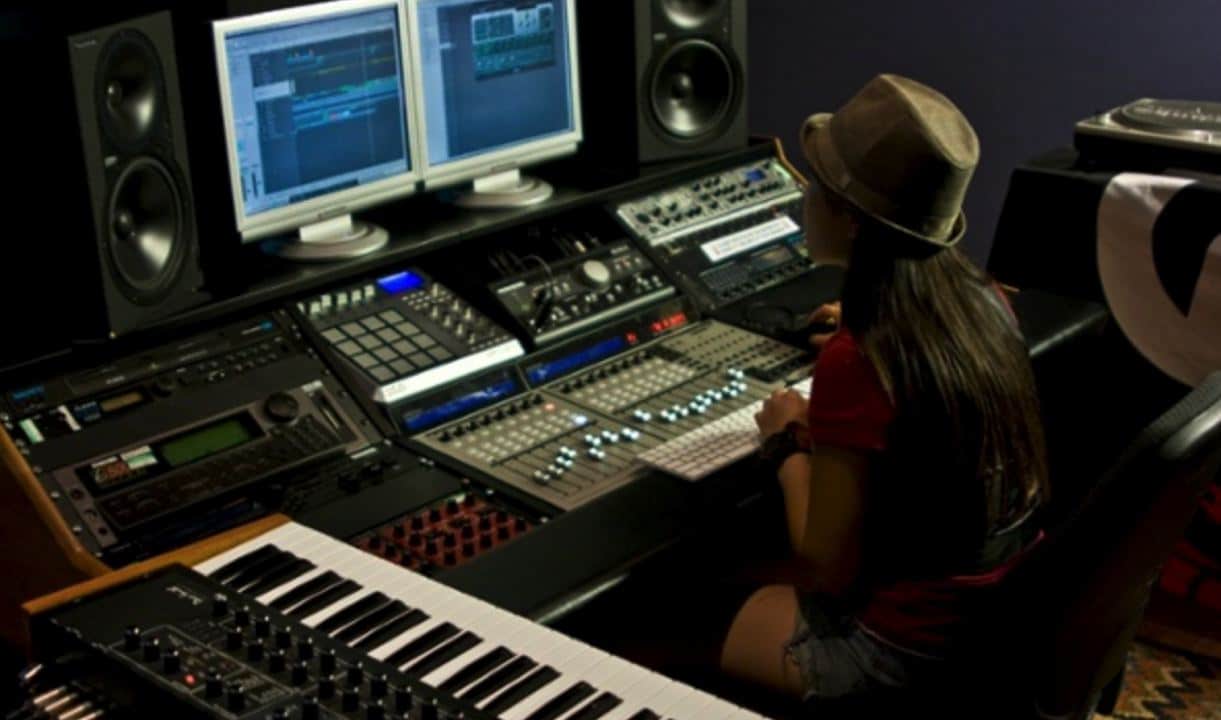
Partnering with these businesses will help establish relationships, gain referrals and may result in special rates.
#Music production how to
Contracts are used in the everyday operation of your business, so you must have them on hand, and know how to legally modify and use them.Ĭontact local recording studios, engineers and manufacturers to alert them of your music production services. Obtain music business contracts from an entertainment attorney or purchase them from a music business supplier. Endeavor to buy locally to support local businesses. Contacts should include recording studios and engineers, music managers, agents, attorneys, radio stations, performance venues, other music producers, CD and DVD manufacturers and distributors.īuy marketing materials from a local printer to use in the marketing of your music production company. Make a list music industry contacts or purchase a list from a reputable music industry information provider. No specific licenses or permits are required other than those of non-regulated businesses. You will need to be registered as a legitimate music production company in order to take advantage of special industry rates on products and services, and you are legally required to register as a business for tax purposes.


Obtain a local business permit and state tax license from your state's department of revenue.

Many small music production companies operate as sole-proprietorships until business growth warrants the extra expense, taxation and paperwork required. Read trade magazines, subscribe to reliable websites, go to music trade shows and don't be shy about asking questions of others in the business.įile additional paperwork with your secretary of state if you choose to operate your business as a corporation or limited liability company. Educate yourself on every aspect of the music business, management, legal and production duties to hone your skills and increase your knowledge-base.


 0 kommentar(er)
0 kommentar(er)
